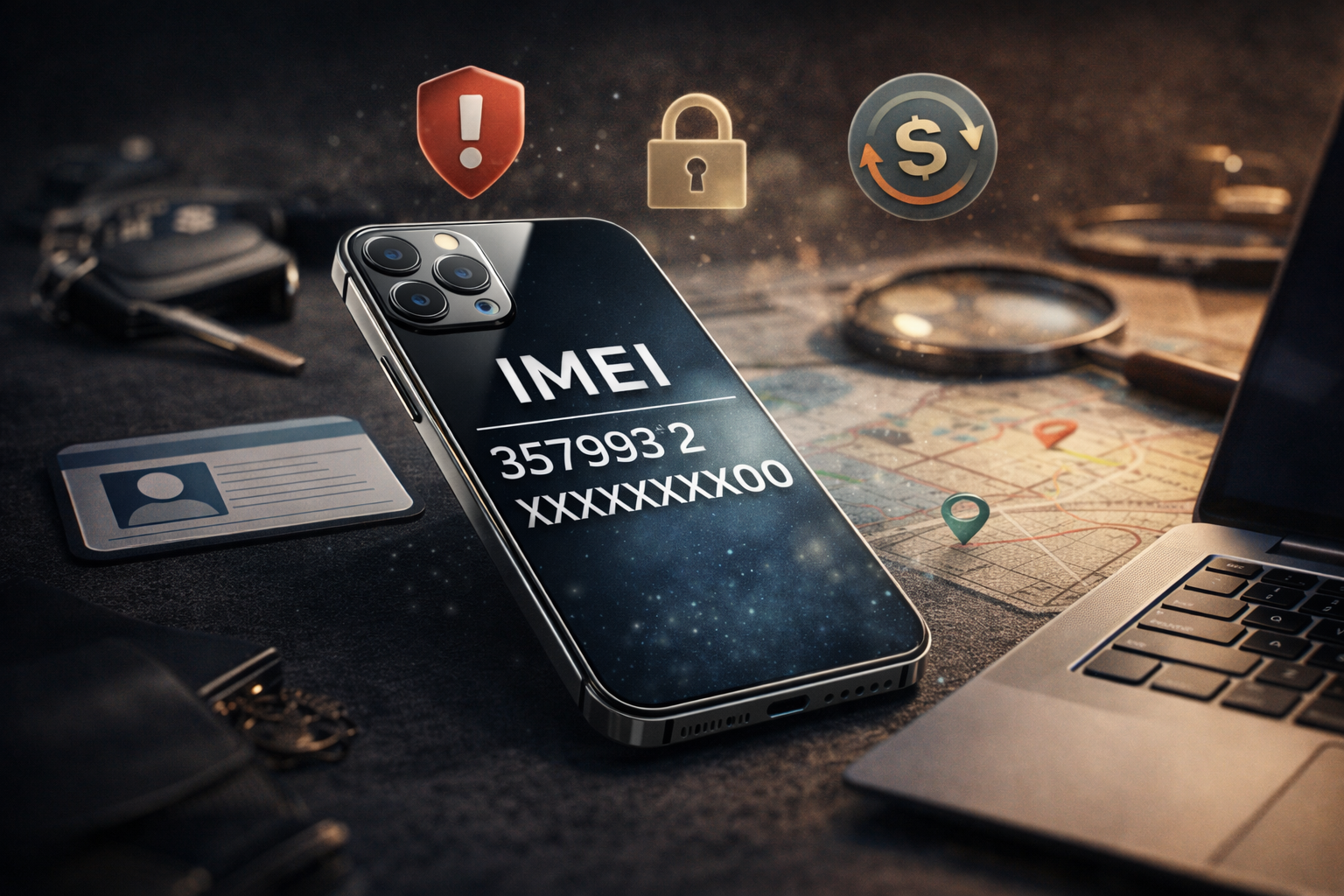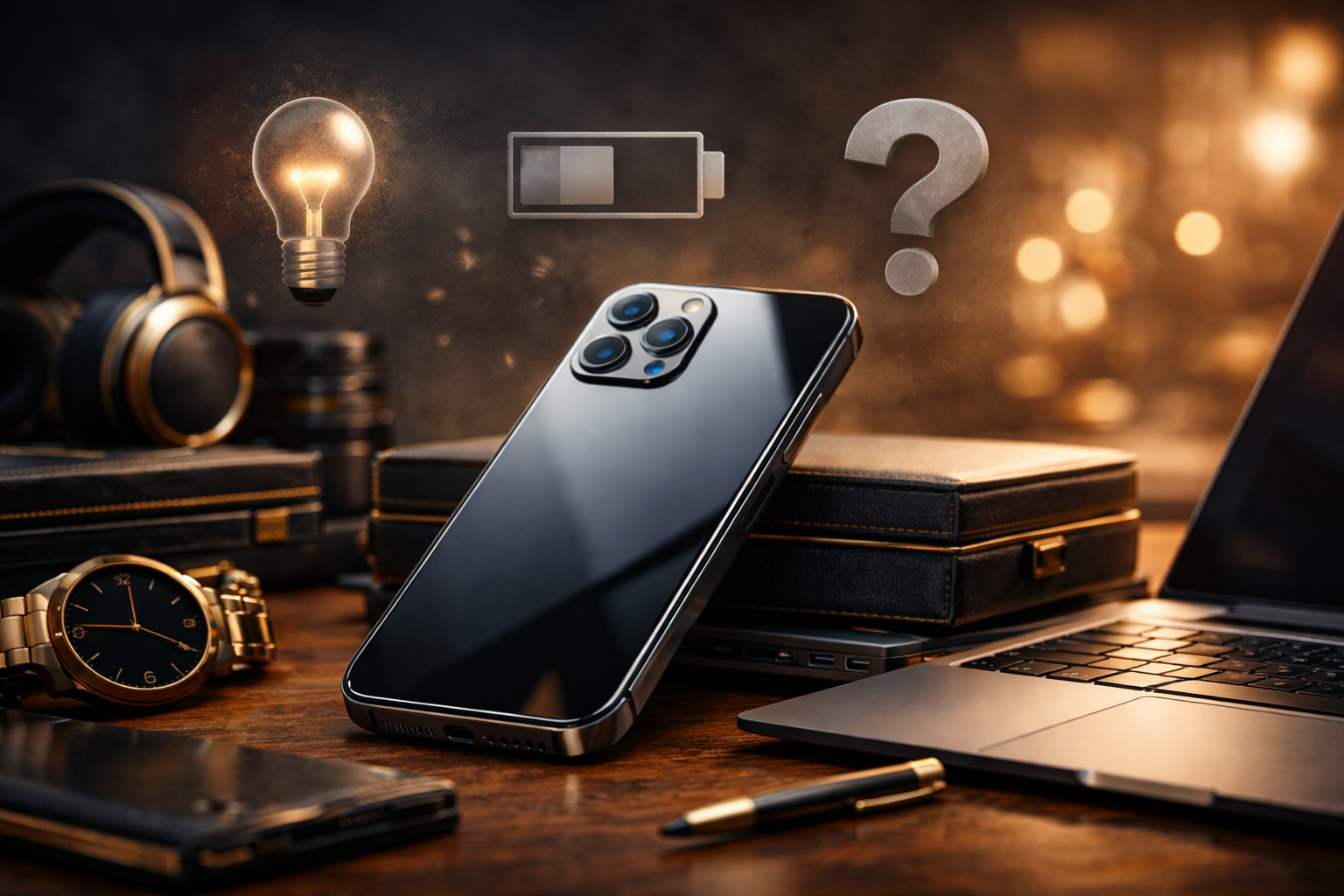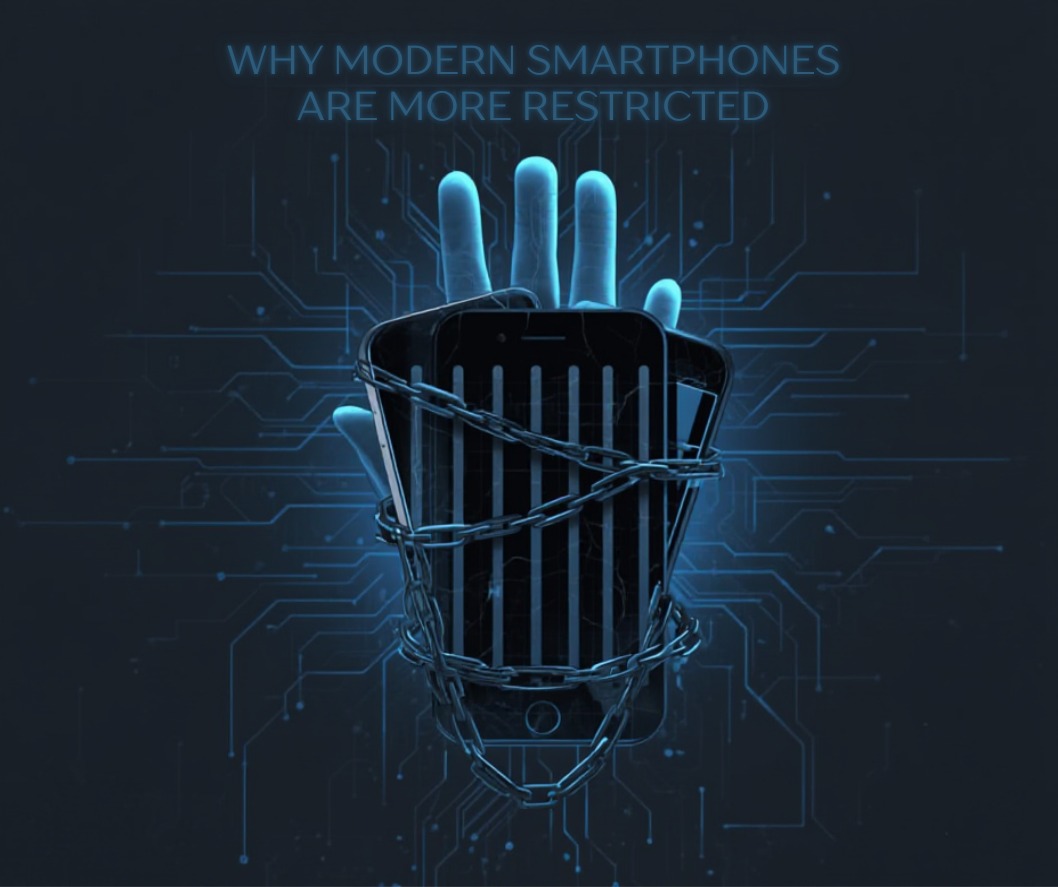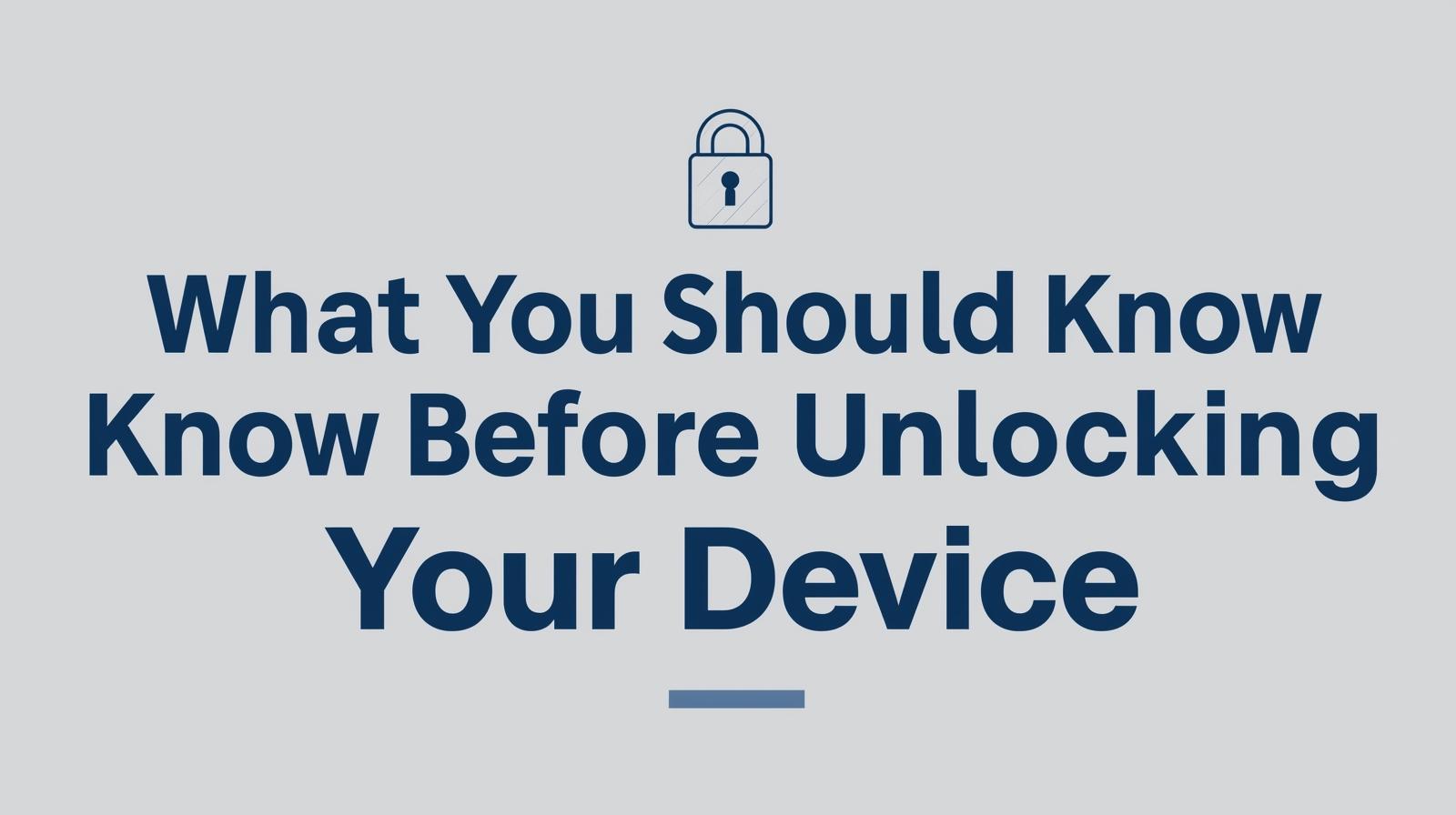Why Your Phone's IMEI Number May Become Your Greatest Tool in Gambling Security
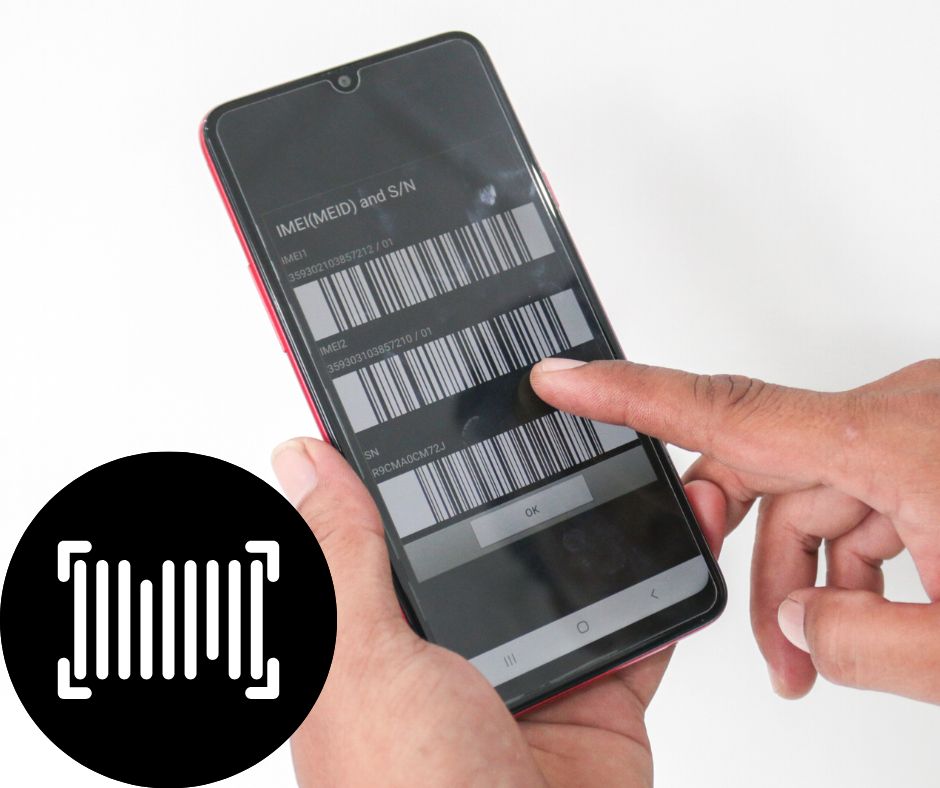
You are checking your mobile casino balance on your lunch break when all of a sudden a sinking feeling hits you—someone is gambling with your account. This is the new reality of gambling in the modern mobile game, where convenience meets vulnerability in a fashion that leaves security experts awake at night.
In fact, the most trusted platforms like sweet bonanza casino go through several security steps to ensure that entertainment online continues unhindered, one of the verifying the device you use.
As other operators fight to fix digital security problems, there's a form of identification sitting in your pocket that cannot be duplicated and that most everyone does not even know exists.
That's why your phone's IMEI number is not a random string of digits: it may become the unlikely first line of defense against account takeovers, breaches of crypto wallets, and fast-moving scams that cannot be caught using traditional security methods.
A Perfect Storm for Mobile Fraud
Current fraud prevention feels as if someone is bringing a knife to a gunfight. Trust me, it's not just you. Of all detected fraud in gaming platforms, 73% involved a selfie mismatch where someone submitted fake photos in the verification process to open an account. Finally, AI deepfake scams increased 10-fold from 2022 to 2023 and have made traditional methods of identity checking practically worthless.
It runs even deeper than that as the geographic concentration of fraud allegations shows an equally concerning tale. Countries like Bangladesh lead the world in fraud in gaming (8.5% of fraud reported applicants were fraudsters), while Indonesia ranks second (8%) and South Korea ranks third (6.6%). In addition, this fraud is not random—it is an organized movement that is targeting mobile gambling.
Simple KYC checks are no longer a safe bet for confirming players' real identities or providing strong protections for the iGaming platforms, says Kris Galloway, Head of iGaming Product at verification platform Sumsub. The flaw in the approach to verifying who someone says they are is that it assumes digital identity documents cannot be falsified.
They can easily.
Unlike conventional identity verification where impersonating someone can be done with greater sophistication, for mobile gambling fraud, there is one thing fraudsters cannot fake: having physical access to your actual device. This leads to an opportunity for hardware-based authentication that, remotely, is challenging to overcome.
The Unfalsifiable DNA of Your Phone
All mobile devices carry digital DNA in the form of their International Mobile Equipment Identity number. This code is a 15-digit number that is burned into the hardware of your phone at the manufacturing stage, resulting in an identifier that is far harder to falsify than a photo, document or biometrics.
Think of it like a fingerprint that cannot be lifted from a glass. While fraudsters can counterfeit their digital disguise, your IMEI becomes tied to the physical device in ways that make a remote attack particularly difficult.
The result of the Central Equipment Identity Register system in India reflects how much more powerful this approach can be. The government program has verified more than 680,000 suspicious mobile connections and has rendered stolen devices inoperable, despite changing the SIM card. Law enforcement has tracked unwanted IMEI and captured multiple cybercrime syndicates in Cambodia, Bangladesh, Pakistan and Nepal—networks that were built to target gambling platforms.
The technical sophistication is impressive. Your IMEI generates a hardware-level signature that accompanies your device as it interacts across platforms. This enables instantaneous detection of an account takeover attempt when attempted from a different piece of hardware. It is authentication that operates even when all else fails.
Stemming Fraud at the Door of the Casino
This hardware-level security becomes particularly potent when deployed against the unique vulnerabilities of gambling. Multi-factor authentication struggles with the real-time nature of mobile wagering—you can imagine a security check somewhere or a prompt interrupting a live blackjack hand, or perhaps the clock ticking down on a critical bet placed on a sporting event.
IMEI authentication is different from that. Once a device is authenticated, the system is continuously monitoring for unusual behavioral patterns without interrupting play. Here's what that protection looks like in practice:
Live Bet Protection: Your account is immediately locked if an unauthorized user attempts to access your account from another device as you are placing a bet.
Cryptocurrency Withdrawal: While your password may be correct and you may have provided two-factor authentication, hardware-level verification can prevent access to the wallet.
Cross-Platform Equivalency: Whether you were logged-in through a gaming app on your phone or switched to your computer via an online-casino link, you will have the same device signature from device-to-device.
Modern fraud detection systems have improved significantly and can analyze 200 or more real-time parameters on every transaction, but they are still behind in detecting increasingly smart attacks against a gaming platform. Device fingerprinting is helping but is not as powerful as device authentication combined with behavioral intelligence. IMEI authentication is a protective layer that gets stronger over time.
What if your casino could detect when someone attempts to access your account regardless of them having your password? That's precisely what hardware-based authentication offers: a more reliable security framework that relies upon your physical possession versus what you know.
Security That Actually Works
These are not abstract advantages—real IMEI applications are showing evidence of statistically significant reductions in fraud and user experience enhancements for multiple geographies. The world is developing rapidly in international cooperation on device-based security, whereby Sri Lanka now requires IMEI registration on all mobile devices while Pakistan has blocked thousands of fraudulent IMEIs to try and combat mobile-based crimes. The success of these IMEI programs has demonstrated that hardware verification can scale effectively across differing regulatory environments.
Even the gambling industry is taking notice. Regulatory frameworks increasingly support device authentication as operators are learning that identity verification alone cannot be the limit of protection against sophisticated fraud enterprises. When fraudsters can create highly convincing deepfakes and synthetic identities, the device itself becomes the most reliable anchor point for verifying authenticity in user experiences.
IMEI verification provides a layer of security that is likely to actually become more secure over time—the more devices verified in the system, the easier it is to identify anomalies and flag suspicious activity across platforms and jurisdictions.
The Future of Gambling Security
IMEI verification also solves the critically weak point in mobile gambling security today: the false reliance that identity verification is sufficient to protect account security. As we exponentially approach quantum computing and traditional encryption will be compromised soon enough, hardware-based security is actually the foundation for the future of fraud-resistant gaming platforms.
Over the next decade, IMEI authentication will likely, in practice, become the standard across mobile gambling platforms, not as an optional security feature, but as a competitive advantage for operators serious about protecting their customers' accounts and winnings.
For the time being, see if the gaming platforms you prefer meet security threshold verification with IMEI. In an identity-fakable world vs. an impossible-to-replicate phone world, who would you rather secure your winnings with?
.png)
